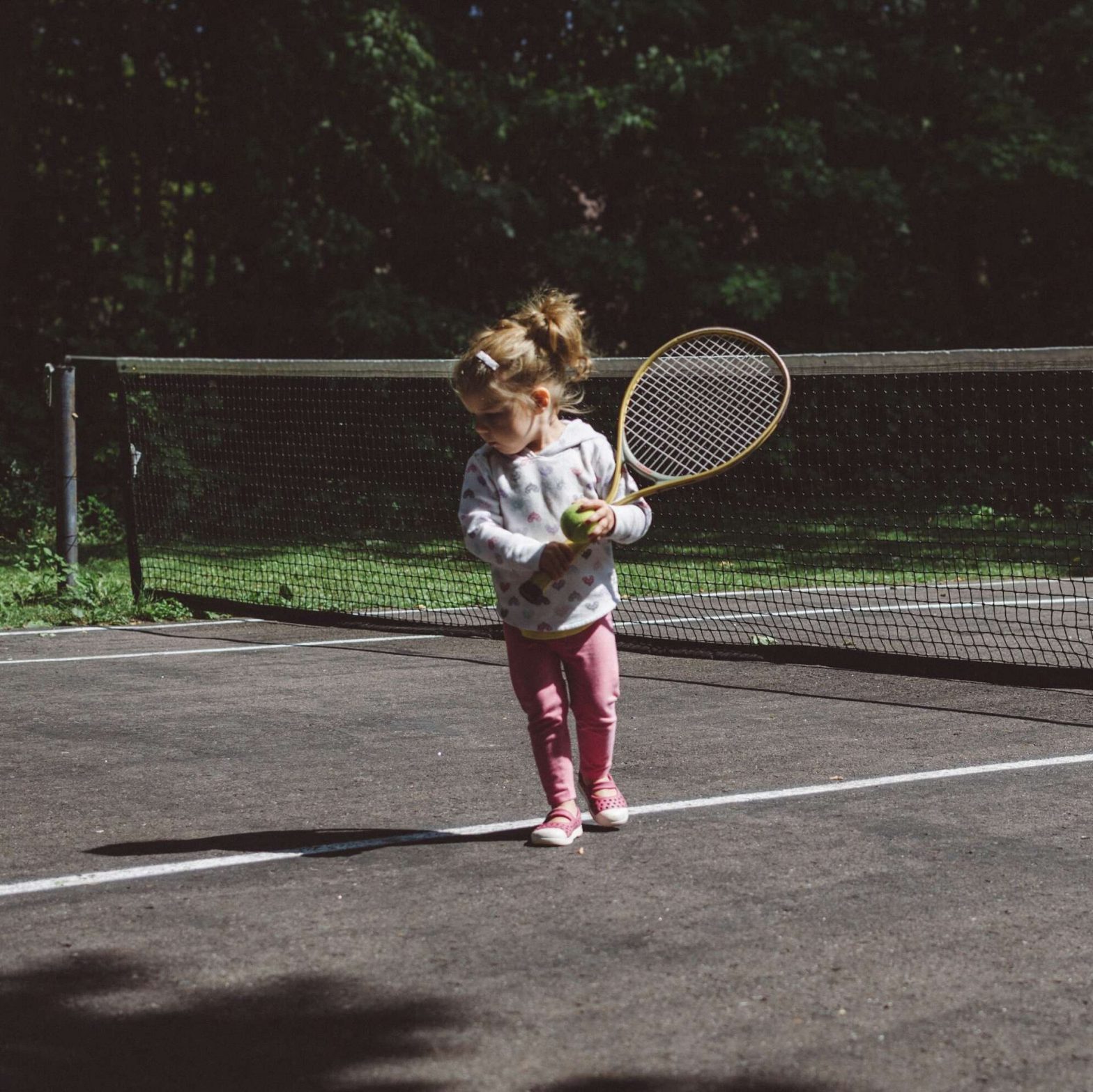1. Find a Transformational Coach, Not a Transactional One

Transactional coaching focuses on results and performance, while transformational coaching focuses on developing the whole person. Here’s how to spot a Transformational Coach:
- Praises attitude and effort over results
- Assigns “homework” for parents and their children
- Encourages students to succeed academically
- Supportive of students trying other sports and activities
- Often puts in extra, unpaid time with their players
The common theme among the above traits, is that the coach doesn’t benefit monetarily or otherwise from any of these behaviors, while the student benefits greatly. Correct me if I’m wrong, but isn’t that the whole point?
2. Look For a “Wise” Coach
In her book, Grit, Angela Duckworth characterizes coaches using the matrix pictured below:

In her research, Duckworth found that leaders who were BOTH demanding and supportive had the most success in helping their students reach their full potential. Here are some noticeable characteristics you might find in a “wise” coach:
- Demanding, but caring
- Not a “yeller and screamer”
- Initially outlines, then enforces high expectations
- Doesn’t subscribe to the “my way or the highway” mentality
- Practices “tough love”
- Doesn’t use fitness as a punishment
In sports, compared to academia or other extracurriculars, you might find more authoritarian leaders because of what we encounter on television and in movies. For instance, it’s quite common to see a video clip of college or professional coaches barking at players, assistants, or the referees. Duckworth wouldn’t recommend this behavior when working with youngsters, as they are still in a developmental stage.
3. Avoid the “Mr. Nice Guy” Coach
In The Little Book of Talent, Daniel Coyle cautions his readers to, “avoid someone who reminds you of a courteous waiter.” Angela Duckworth might label this same person, a “permissive leader.” While this person might be fun to socialize with at a cocktail party, he might not be the best candidate to coach your child.

Here’s what to look for:
- High percentage of feedback they give is positive, not specific
- Heavily relies on playing fun games in practice
- Hesitant to discipline students if they misbehave
- “Sugarcoats” every challenge or problem
Many factors affect your child’s development, but none are bigger than their ability to deal with adversity—or their grit. Children without grit, will most likely be surpassed by those who have acquired it through years of wise parenting and coaching.
4. Seek Someone Who Understands Feedback

Legendary UCLA Men’s Basketball Coach, John Wooden, describes a coach as someone, “who can give correction without causing resentment.” In a research study involving Wooden, two psychologists found that 75% of his coaching directives were pure information. Wooden’s bursts of targeted, specific feedback allowed his players to fix their errors quickly, thus increasing their number of quality repetitions.
Here’s how you can judge a coach’s understanding of feedback:
- Gives clear and concise directives—not long, elaborate speeches
- Doesn’t over-teach, or give feedback on more than 50% of repetitions
- Isn’t liberal with positive or negative feedback
- Targets primary flaws
- Instructs using vivid images
5. Find a Coach Who Has a Growth Mindset

Carol Dweck’s groundbreaking research led to her penning the bestseller, Mindset. In her research, she found that a person’s success is attributed to their perception of themselves and those around them. If you believe that a person’s qualities are immutable, you have what Dweck calls a fixed mindset. If you believe people can change through dedicated practice, then you have a growth mindset. Individuals with a growth mindset display a lifelong passion for learning, higher self-esteem, and greater persistence than those with a fixed mindset.
Here’s how to spot a coach with a growth mindset:
- Avoids using the words: talent, natural, or gifted
- Creates an atmosphere of trust, not judgment
- Sets high standards
- Has a passion for learning and development
- Helps students establish a positive relationship with mistakes
- Doesn’t noticeably favor the high achievers
Additionally, a growth-minded coach is a growth-minded person, therefore she will take noticeable steps to further her development as a coach and person.
6. Seek Someone Who Isn’t Afraid to Be Vulnerable
In Daniel Coyle’s book about top organizations, The Culture Code, he found that a culture doesn’t thrive without vulnerability from its leaders. Vulnerability from the top down helps everyone operate without the fear of being judged—therefore, they can maximize their potential as a group.

Here’s how to spot a coach who isn’t afraid to be vulnerable:
- Honest about their shortcomings as a coach (hint: every coach has them)
- Empathizes—through personal examples—with their players’ struggles
- Open to feedback and suggestions
- Admits when they’re wrong
- Doesn’t inflate their accomplishments as a player
7. All Things Being Equal, Pick the Older Coach

If you’ve found several viable candidates, one last factor might help you make an educated choice—their respective ages. Coaching is like any other skill—it takes years to develop—which is one advantage an older coach has over their younger counterparts.
Closing Thoughts
In the United States, we are so lucky to have an abundance of choice when it comes to the activities our children can pursue. In our sport alone, there are many options. First, it’s important to recognize this as a luxury that many people in our country—and around the world—don’t have. Second, don’t squander this opportunity. Use the information at hand to make an educated choice when selecting a coach for your child. Your child’s first coach has a profound impact on their long term success in tennis. Remember, there is no substitute for a good beginning.
If you have any questions or comments, I would love to hear from you in the comments section below, on social media @fmtennisfl, or via e-mail at brandon@fm-tennis.com. Thanks so much for reading!

